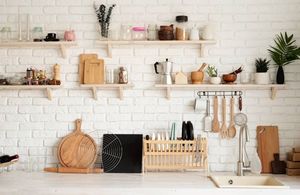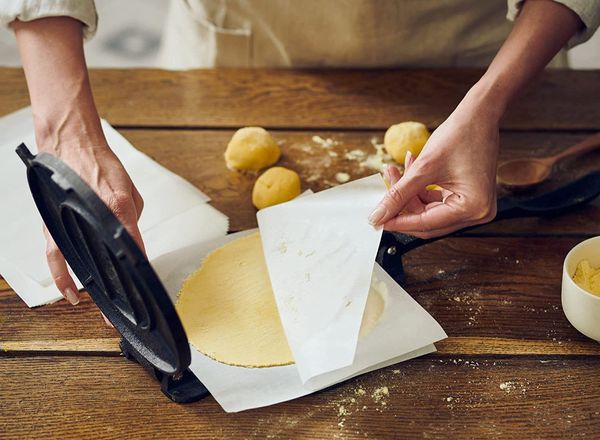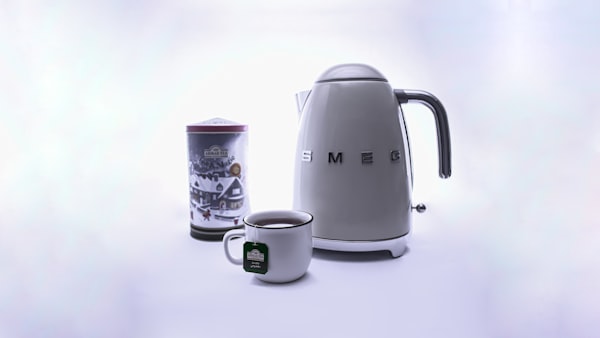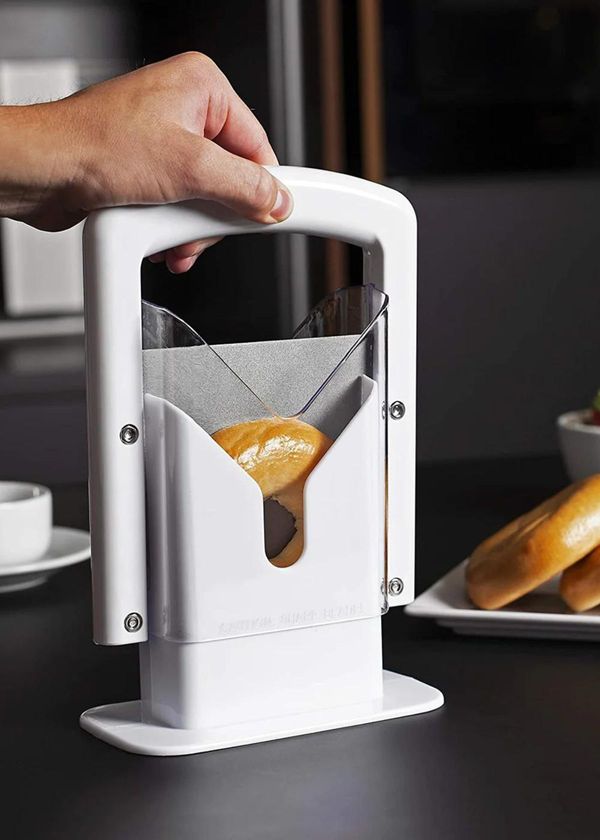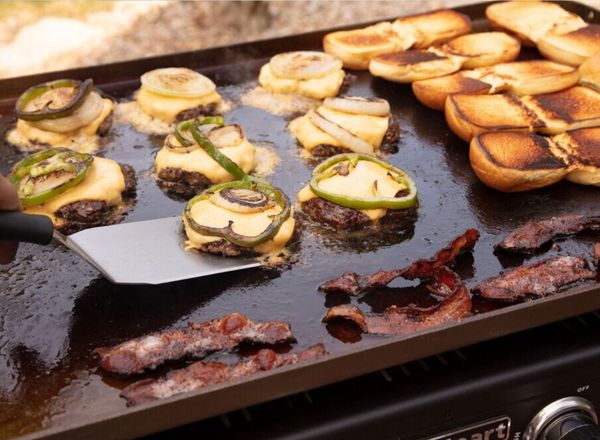A clogged sink is a common annoyance that often happens when you least expect it. Whether it’s due to build-up from soap, hair, or grease, a clogged sink can quickly turn an otherwise pleasant experience into a nightmare. The good news is that there are a few simple techniques you can use to unclog your sink without having to call a professional. So before you reach for the phone to get a New Sink installed, try one of these five easy methods for unclogging your sink.
Boiling Water
One of the simplest ways to unclog a slow-running drain is to pour a pot of boiling water down the drain. Be careful when using this method as the boiling water can damage some types of pipes. If you’re not sure if your pipes can handle boiling water, test them by pouring a small amount of boiling water down the drain first before proceeding with this method.
Baking Soda and Vinegar
For clogs that are caused by build-up, you can try using baking soda and vinegar. First, pour half a cup of baking soda down the drain followed by half a cup of vinegar. Plug the drain and let the mixture sit for 30 minutes before flushing with hot water. If you have a double sink, don’t forget to plug both drains!
Plunger
A plunger is another common household item that can be used to unclog a sink. Simply place the plunger over the drain and push and pull the plunger up and down until the clog is gone. If you don’t have a plunger, you can also use a rubber stopper or cup to cover the drain.
Wire Hanger
If you’re in a pinch, you can also use a wire hanger to fish out the clog from your drain. Straighten out the hanger and then create a small hook at one end. Lower the hanger down the drain until you feel resistance this means you’ve found the clog! Gently pull up on the hanger until it comes out of the drain with the clog attached.
Drain Snake
A drain snake is an inexpensive tool that looks like a long coil of wire with a handle on one end. You can purchase one at most hardware stores or online retailers . To use it, simply insert the snake into the drain and twist it until you feel resistance this means you’ve found the clog! Once you find the clog, gently pull up on the snake until it comes out of the drain with the clog attached.
Dish Soap
If you have a clog that’s caused by grease build-up, dish soap can help to break up the grease and allow it to flow down the drain. Simply pour a generous amount of dish soap down the drain and let it sit for 30 minutes before flushing with hot water.
Disclaimer: We are a participant in the Amazon Services LLC Associates Program. We are also an Affiliate for other Companies and may earn a commission for purchases made thru some of our links.
How To Prevent Clogged Sinks
Use a drain cover
This is an easy and effective way to keep hair, food scraps, and other potential clog-causing items out of your drain. You can find drain covers at most hardware stores. Just be sure to clean them regularly (at least once a week) to prevent build-up.
Don't pour grease down the drain
Grease may seem like it goes down the drain just fine when it's hot, but it will solidify once it cools off and can cause a major clog. To dispose of grease properly, let it cool slightly and then put it in a container (like an old coffee can) to throw in the trash.
Avoid putting coffee grounds down the drain
Coffee grounds may be small, but they can quickly cause a clog if you're not careful. Instead of putting them down the drain, dispose of them in the trash or compost them.
Clean your drains regularly
You should aim to clean your drains (with a nontoxic cleaner) at least once a month to help prevent buildup and keep them free-flowing. If you have hard water, you may need to clean them even more frequently than that.
Be careful what you flush down the toilet
The toilet is not a garbage can! Only flush human waste and toilet paper down the toilet nothing else! disposable wipes, feminine hygiene products, and other items should all go in the trash instead of down the drain.
Invest in yearly maintenance service visits
If you want to be extra proactive about preventing clogged drains, you can invest in yearly maintenance service visits from a plumber. This way, they can clean your drains and inspect your pipes for any potential problems.

What Causes Clogged Sinks?
Food Waste
One of the most common causes of clogged sinks is food waste. When you wash dishes or prepare food, small pieces of food can end up going down the drain. Over time, these pieces can accumulate and cause a blockage. To prevent this from happening, be sure to dispose of food waste in the garbage instead of letting it go down the drain.
Hairs
Another common cause of clogged sinks is hair. Hair can accumulate in the drain over time and eventually cause a blockage. To prevent this from happening, be sure to clean your drains regularly with a plunger or plumbers' snake.
Soap Scum
Soap scum can also build up in drains and cause clogged sinks. This happens when soap comes into contact with grease and dirt, which then hardens and clogs up the drain. To prevent this from happening, be sure to clean your drains regularly with a plunger or plumbers' snake.
Frequently Asked Questions
How often should I clean my drains?
The frequency with which you should clean your drains depends on a few factors, such as the type of drain, the number of people using it, and the amount of use it gets. For example, if you have a kitchen sink that is used multiple times a day, you will need to clean it more often than a bathroom sink that is only used once or twice a day. Similarly, if you have a garbage disposal, you will need to clean it more often than a simple drain.
As a general rule of thumb, you should aim to clean your drains at least once a month. This will help to prevent build-up and keep your drains flowing freely. If you have a garbage disposal, you may need to clean it more frequently. Some people recommend cleaning it after every use, while others say that once a week is sufficient.
Cleaning your drains is relatively simple and can be done using items that you probably already have in your home. For example, you can use baking soda and vinegar to break down buildup and freshen your drains. Alternatively, you can use boiling water or store-bought cleaners. Whichever method you choose, be sure to follow the instructions carefully to avoid damaging your pipes.
What should I do if my sink is still clogged after trying all of the above methods?
If your sink is still clogged after trying all of the above methods, it's time to call a plumber. They will be able to determine the cause of the clog and clear it for you. In some cases, they may also need to replace your pipes.
If you have a clogged sink, don't despair! There are several things you can do to try to fix the problem on your own. However, if you're unsuccessful, don't hesitate to call a plumber. They will be able to help you get your sink flowing freely again in no time.
Will Coca Cola clear a drain?
You may have heard that Coca Cola can be used to clear a clogged drain. This urban legend likely started because Coke is a powerful cleaning agent. It contains phosphoric acid, which is a strong acid that can eat through grime and build-up. In fact, Coke is often used as an industrial cleaner.
However, before you pour a can of Coke down your drain, there are a few things you should know. Coca Cola is not effective on all types of drains. It is best suited for dealing with slow-running drains that are clogged with hair or soap scum.
While Coca Cola may dissolve the clog, it will also damage your pipes. The acid in Coke can eat away at the enamel on your pipes, leading to corrosion and leaks. As a result, it is best to save Coca Cola for emergency situations and call a plumber for more serious clogs.
Will bleach unclog a drain?
A clogged drain can be a major nuisance, and many people try to clear them using any household product that they think might work. However, using the wrong cleaner can actually make the problem worse. For example, bleach is often used to unclog drains, but it can actually damage plumbing and contaminate water supply lines.
In addition, bleach is a corrosive substance that can eat away at pipes, leading to leaks. For these reasons, it is best to avoid using bleach to unclog drains. There are many other cleaners on the market that are specifically designed for this purpose and will not damage your plumbing. And remember to buy a good Sink Strainer or Drain Stopper.
Conclusion
A clogged sink is never fun, but luckily there are some simple techniques you can use to unclog your sink without having to call a professional (although if nothing else works, they may be your best bet). So before reaching for your phone, try one of these easy methods for unclogging your sink next time it gets backed up!


